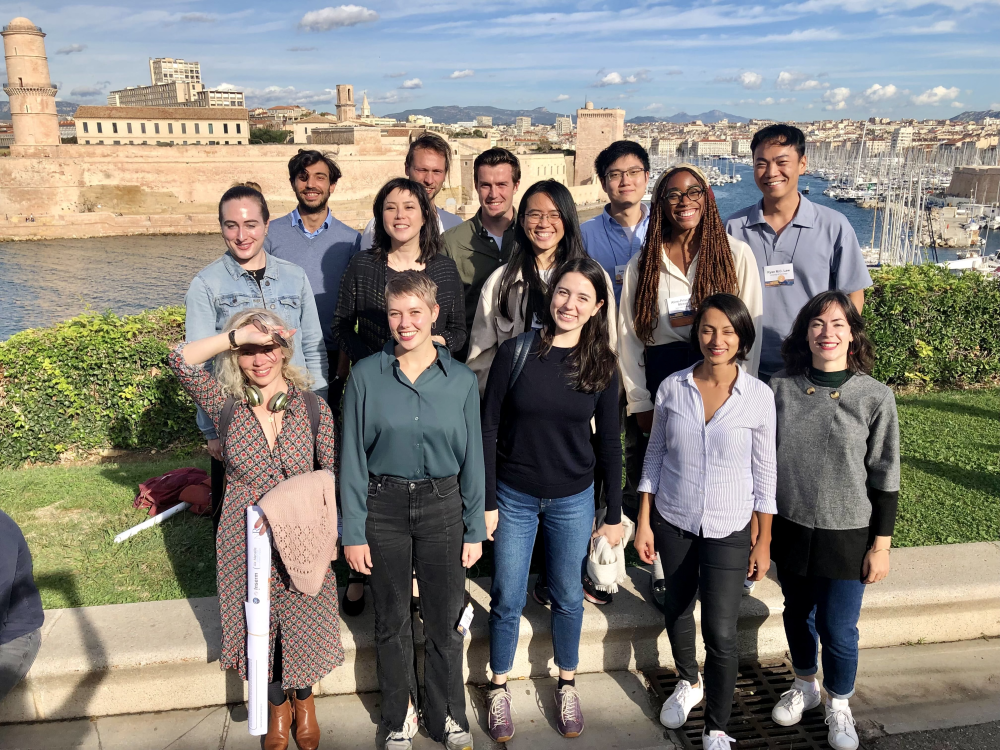An independent research group at the Max Planck Institute for Psycholinguistics and the Donders Institute for Brain, Cognition and Behaviour.
Language and Computation in Neural Systems
Where we try to understand (model) the neural and cognitive basis of language processing.


The focus of our research group is to understand the computational principles and mechanisms that underlie the representation and processing of human language. Our aim is to develop a theory about how the brain generates human language that is based on principles from across the language sciences, the cognitive and computational sciences, and neuroscience —and to do so in a way that stays faithful to the constraints on neural computation, to the formal properties of language, and to human behavior.
Language is key to nearly all human activities, and is a defining human behavior. A fundamental question has shaped the study of language since its inception: Is our capacity for language built upon linguistic structure (e.g., grammar from Linguistics), or is it derived from the statistical patterns of language use (e.g., the probability of a sound or word given the preceding context)? The answer to this question matters because it determines what kinds of systems (viz., biological and artificial) can have language and has strong implications for the composition of the human mind.



In the Lise Meitner Research Group Language and Computation in Neural Systems, we study how the human mind encodes both the structure and statistics of language in neural dynamics, or rhythmic patterns of brain activity over time. We measure the effects of structure and statistics on neural dynamics during language processing, and construct computational models and theories of how the brain transforms sensory signals (e.g., speech, sign) into structured meaningful language, and returns language back into articulation in production. As the particular division of labor between structure and statistics varies by language and by behavioral context, we focus on collecting MEG data in a variety of languages in a range of behavioral contexts, including naturalistic listening and speaking, and using these dynamics to constrain models of language processing.
To read more about our research, check out our research, projects and publication pages.